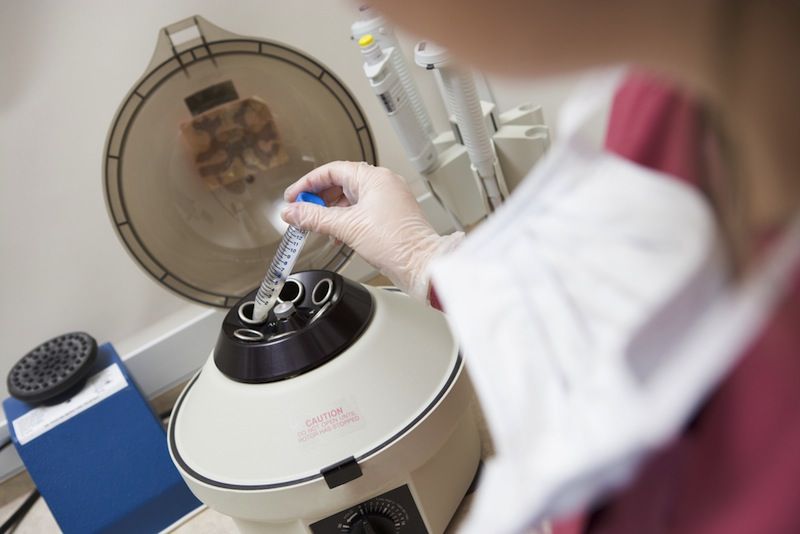
Fertility Mystery: 17 Call Utah Clinic with Paternity Concerns

News that a worker at a now-defunct fertility clinic in Utah may have been substituting his own semen for prospective fathers' sperm has triggered a small flood of calls by concerned former patients.
Seventeen people have called the University of Utah with worries that their samples were subject to tampering in the last week, Fox News reports. On Jan. 7, independent genealogist CeCe Moore broke the news about the tampering on her blog. A Utah family who had conceived their daughter, now 21 years old, with help from the private clinic Reproductive Medical Technologies, Inc. near Salt Lake City took personal genomics tests from the company 23andMe and were shocked to find no biological relationship between the father and his only daughter.
A hunt for the girl's genetic relatives ensued, and Moore and the family eventually discovered the young woman's father was a clinic worker named Tom Lippert who had bragged to his family about siring children through sperm donation. The University of Utah, which did not own the clinic but collaborated with it, has now offered free genetic testing to families who are worried they might have been affected. According to the University, the clinic left no records to explain how Lippert came to father the girl. Lippert, who had previously served two years in prison for his role in a kidnapping case, died in 1999.
Follow Stephanie Pappas on Twitter and Google+. Follow us @livescience, Facebook & Google+.
Reproductive Medical Technologies, Inc.
Reproductive Medical Technologies, Inc.
Sign up for the Live Science daily newsletter now
Get the world’s most fascinating discoveries delivered straight to your inbox.

Stephanie Pappas is a contributing writer for Live Science, covering topics ranging from geoscience to archaeology to the human brain and behavior. She was previously a senior writer for Live Science but is now a freelancer based in Denver, Colorado, and regularly contributes to Scientific American and The Monitor, the monthly magazine of the American Psychological Association. Stephanie received a bachelor's degree in psychology from the University of South Carolina and a graduate certificate in science communication from the University of California, Santa Cruz.

'Love hormone' oxytocin can pause pregnancy, animal study finds

'Mini placentas' in a dish reveal key gene for pregnancy









